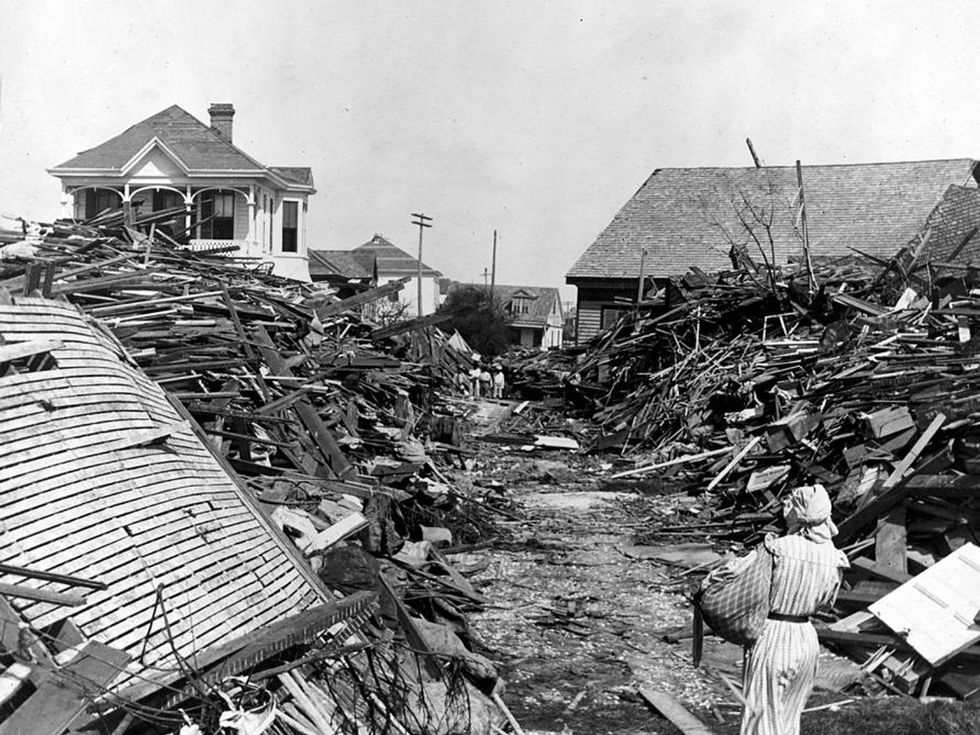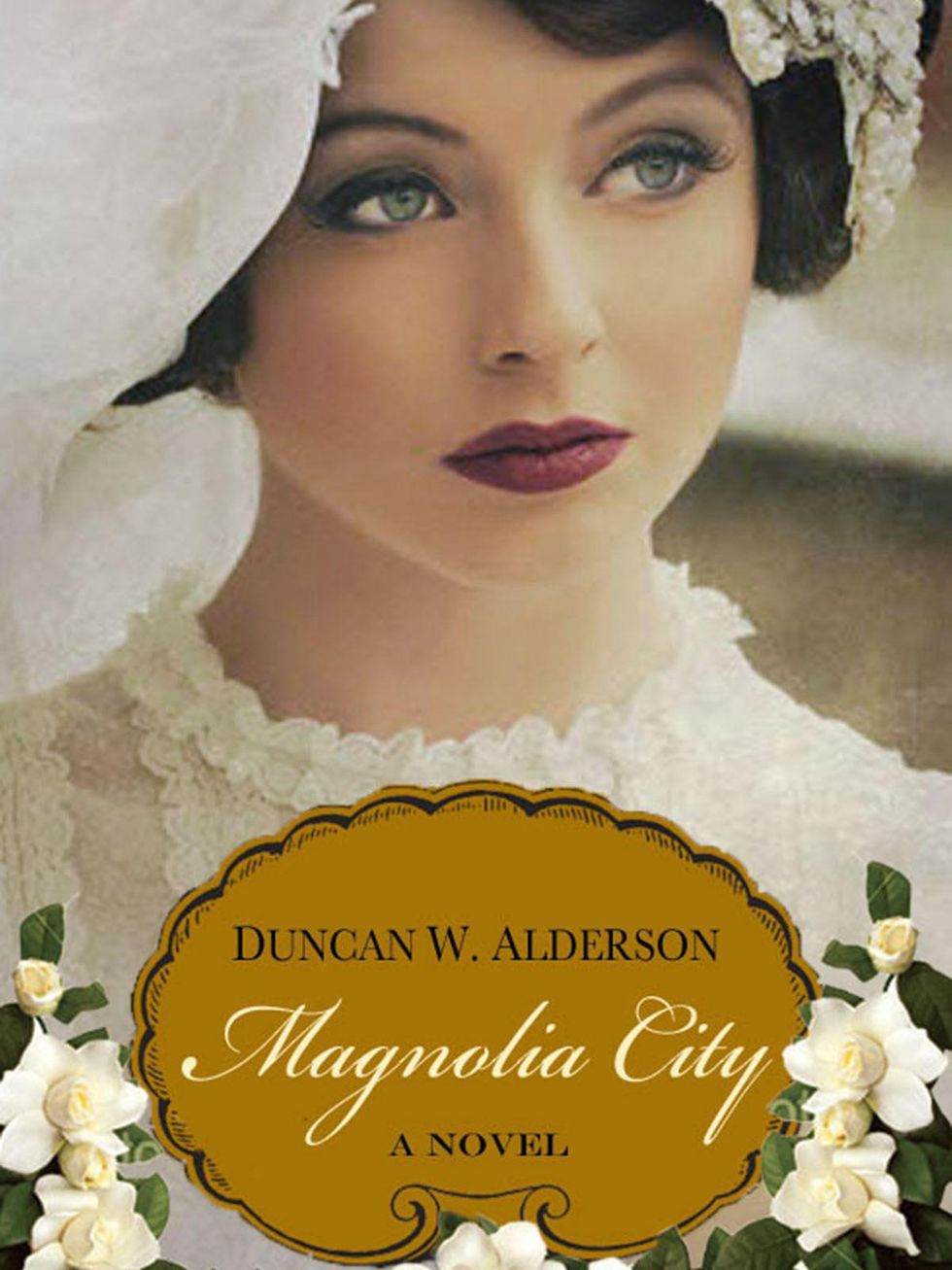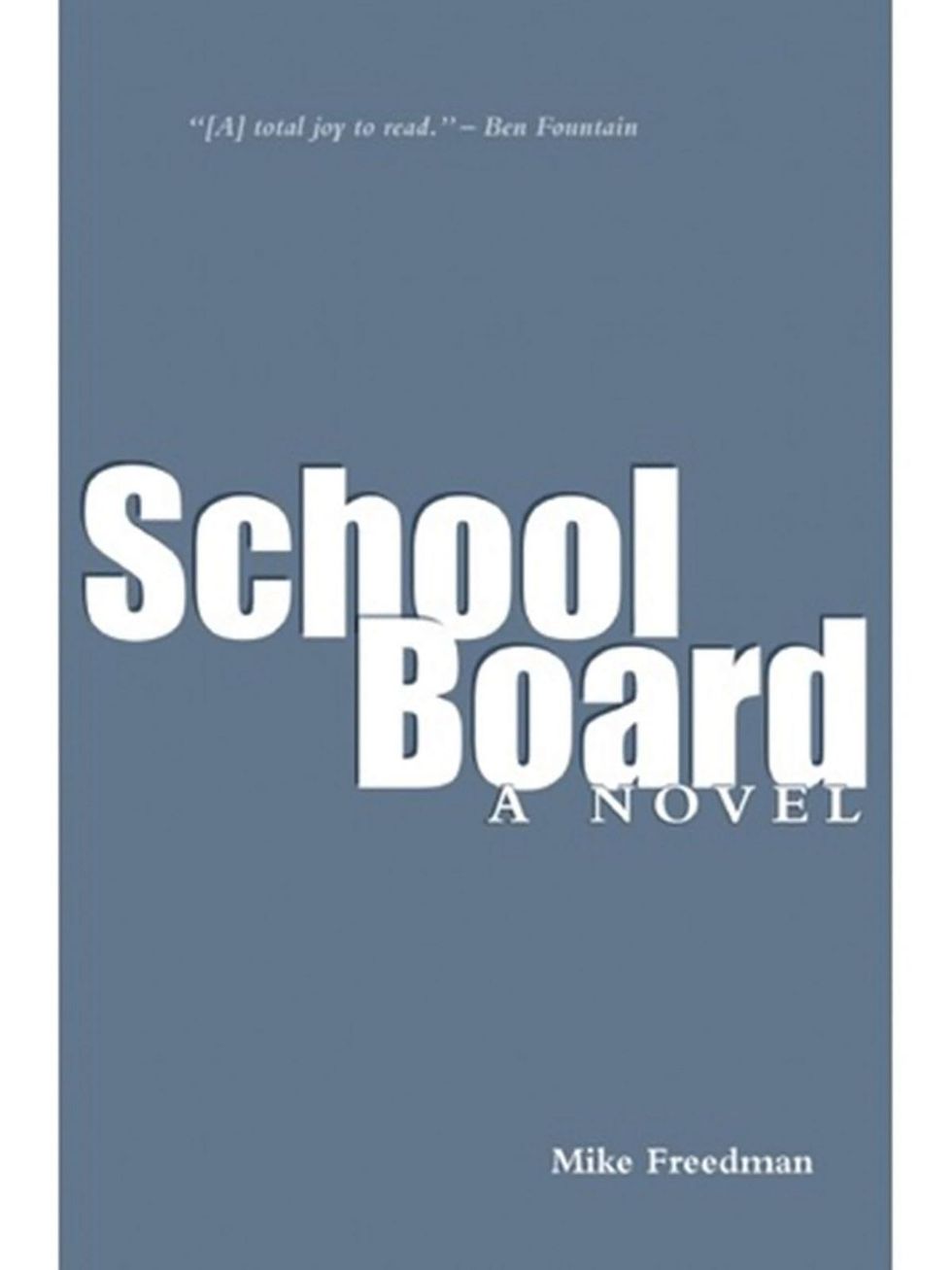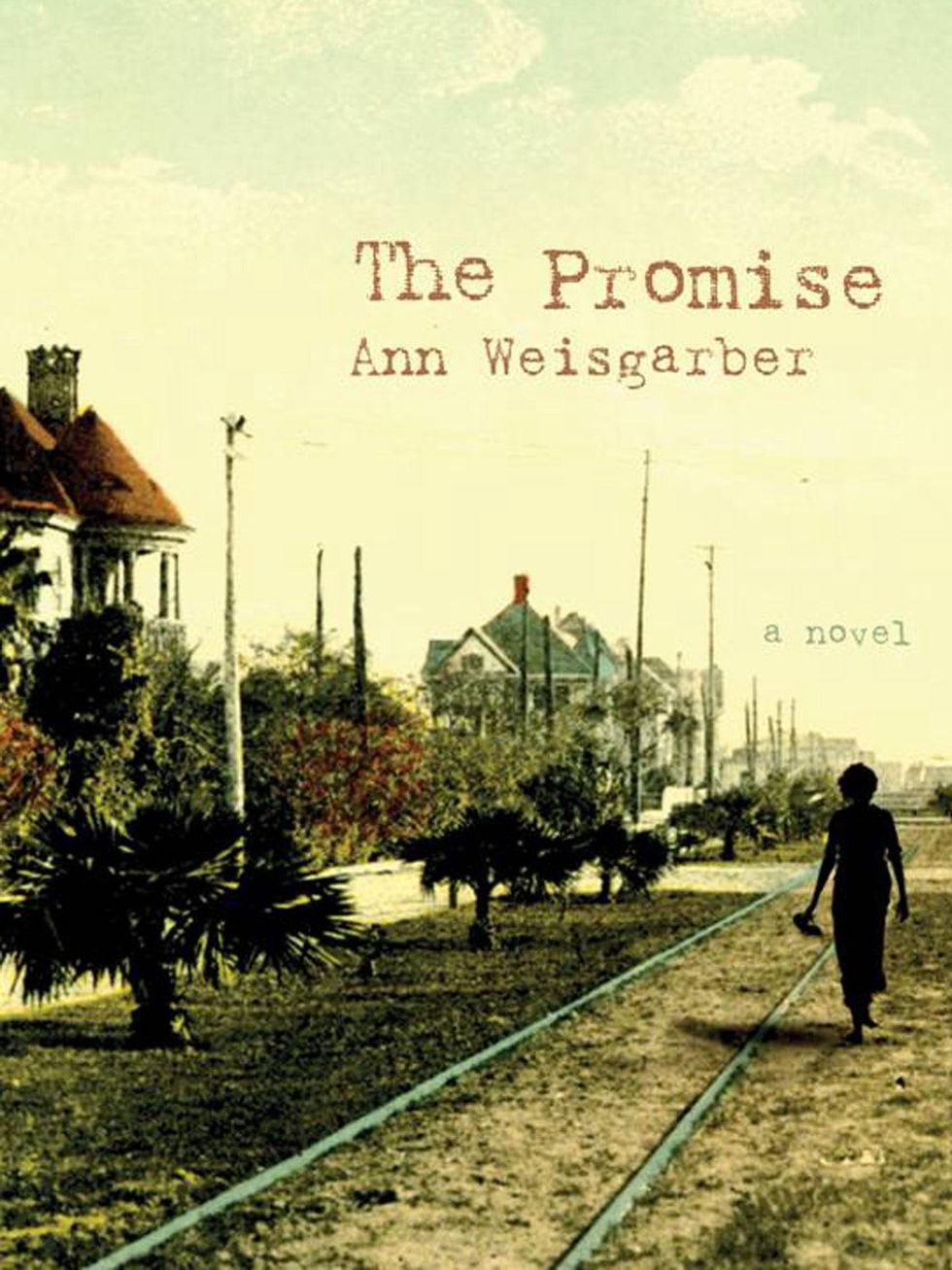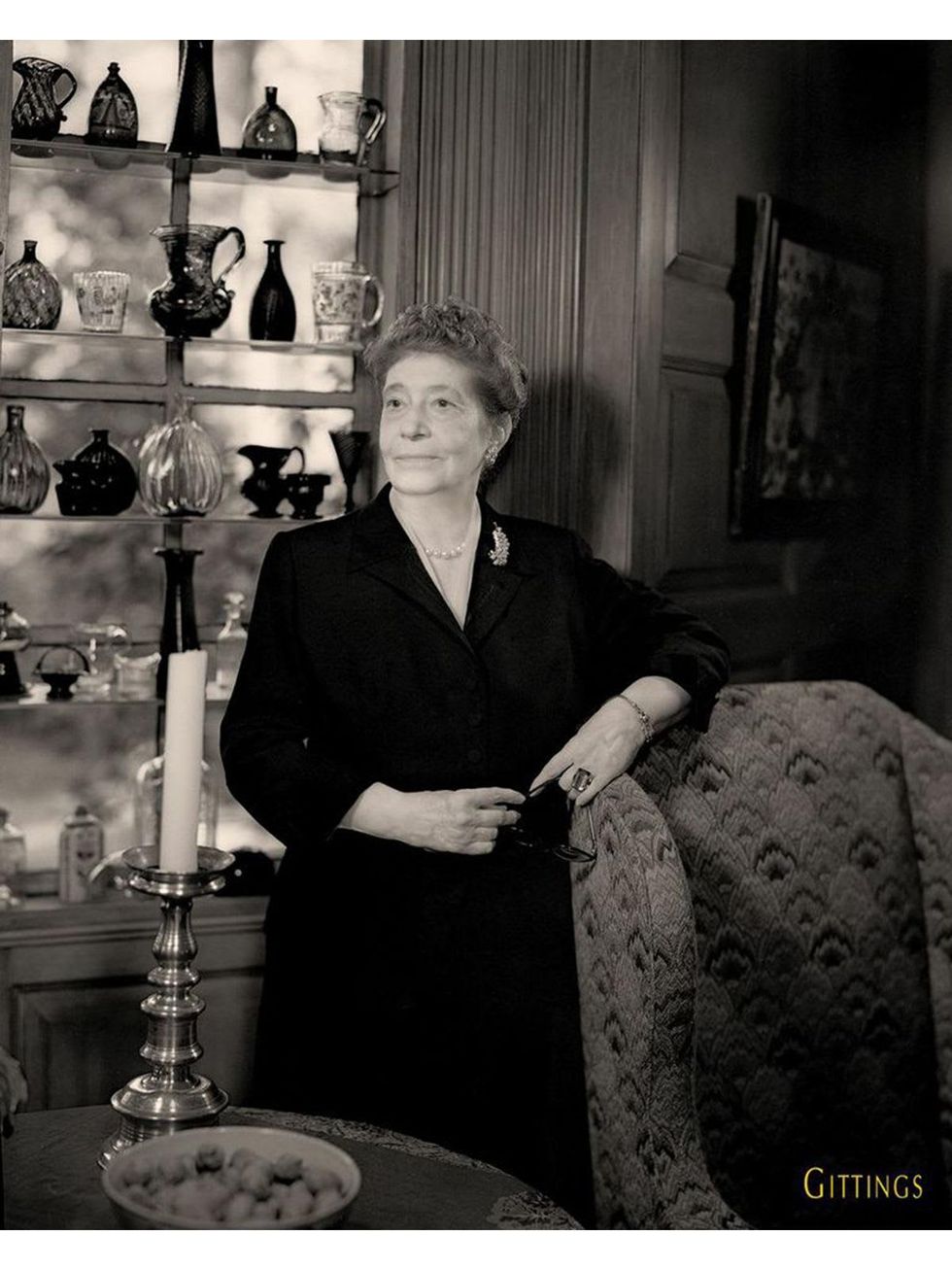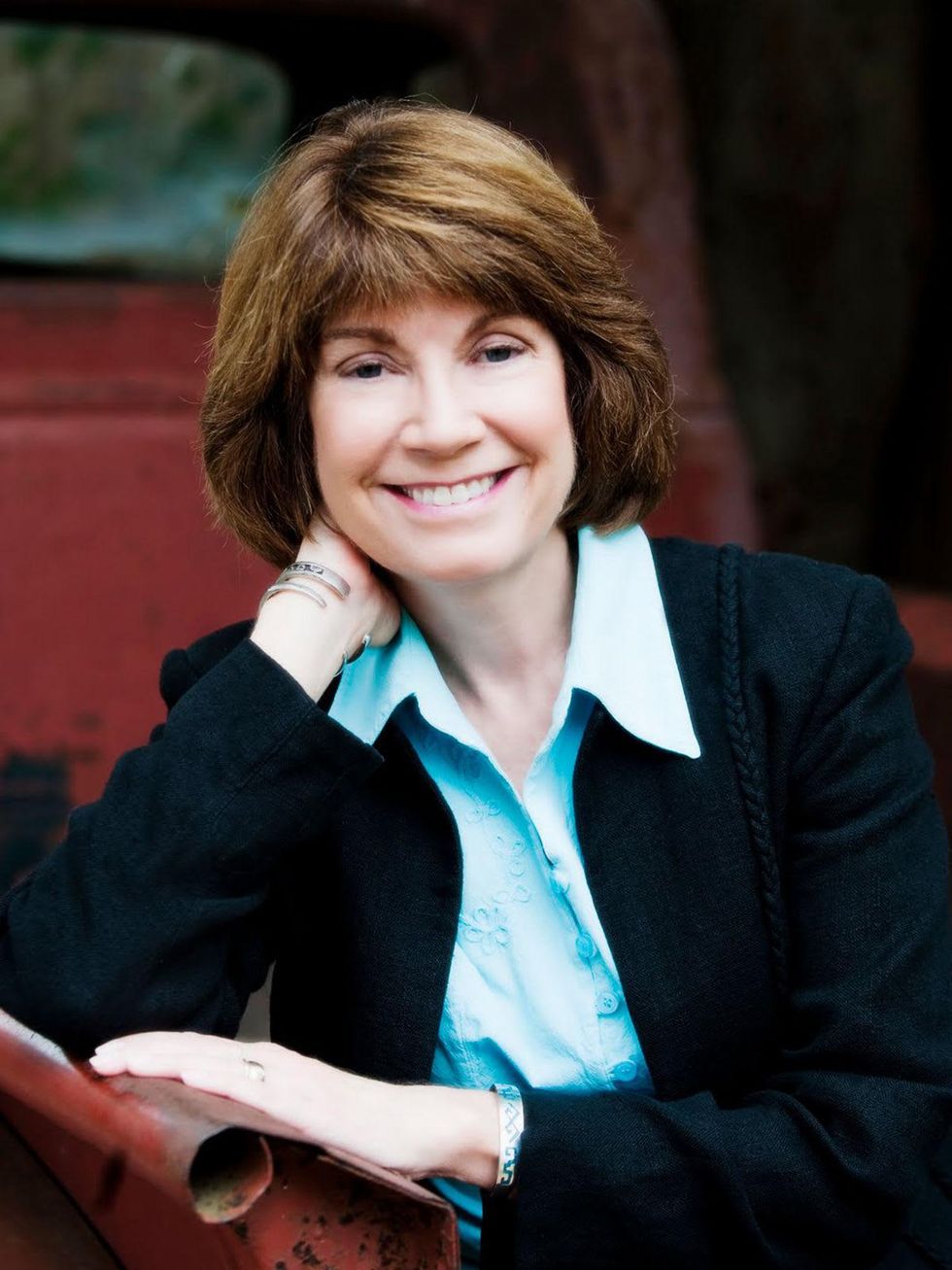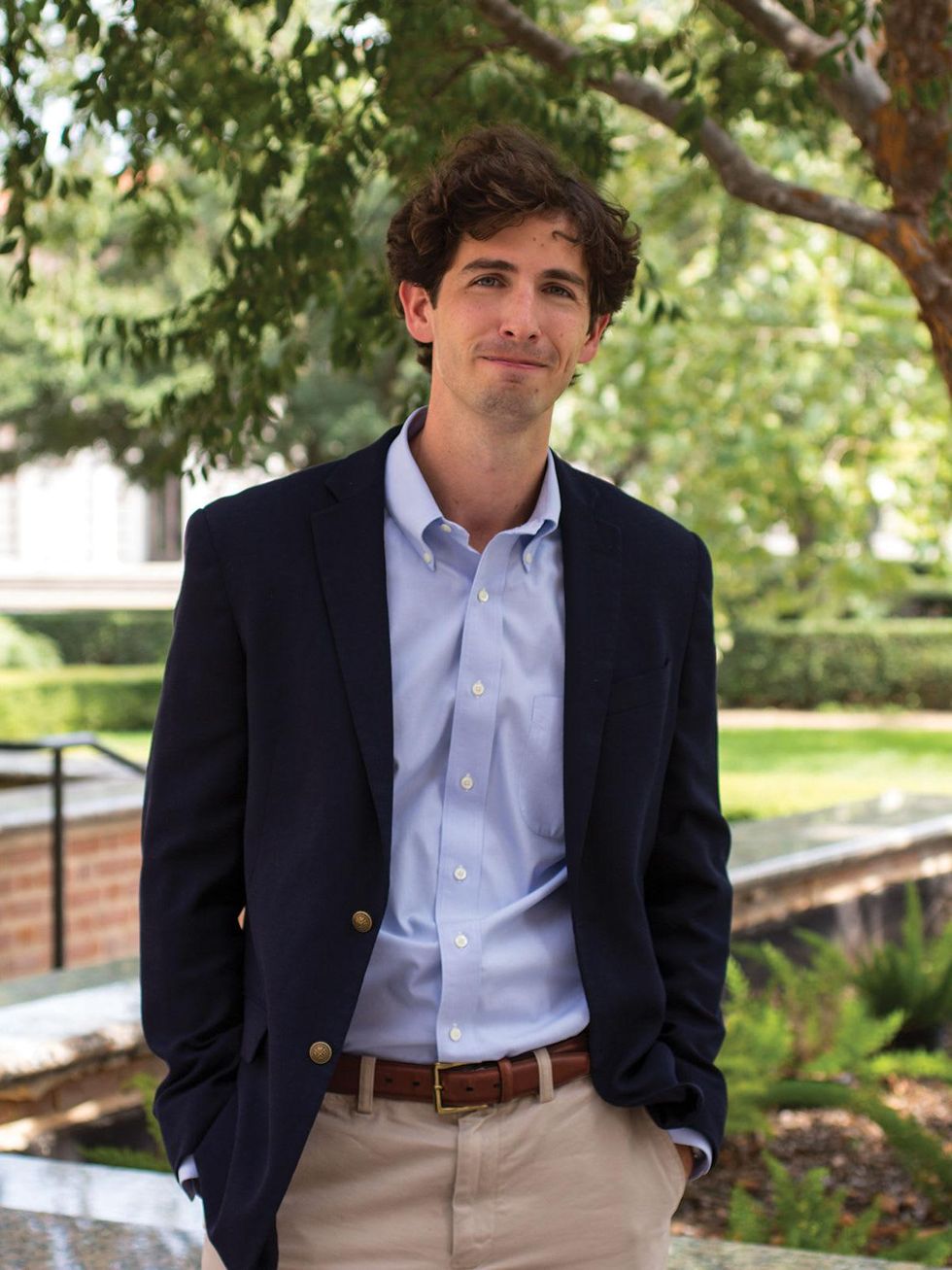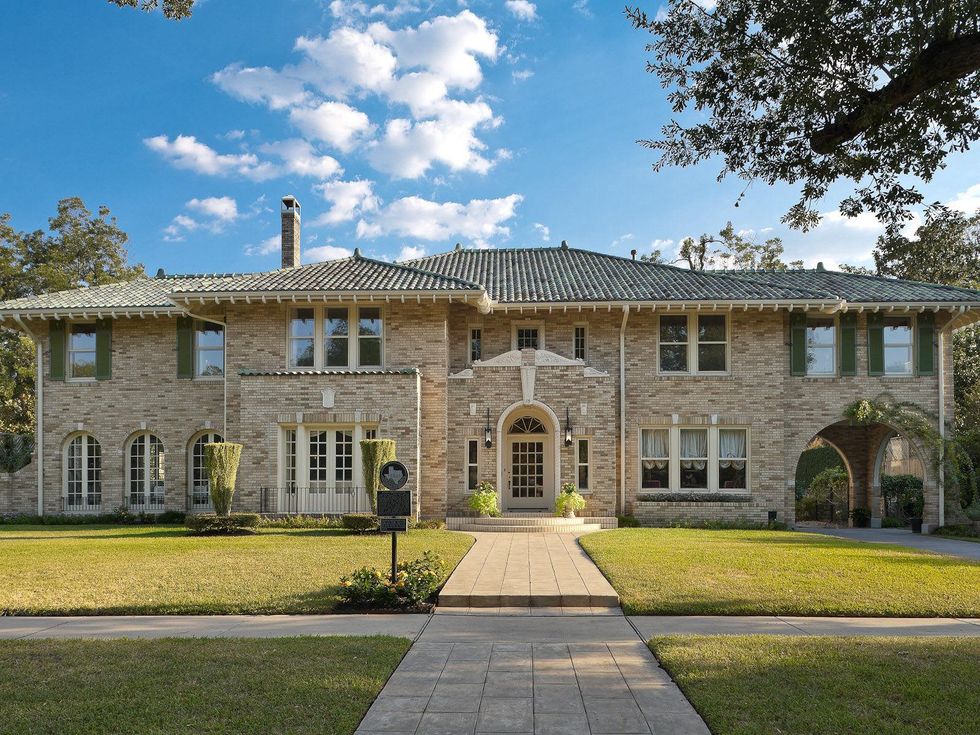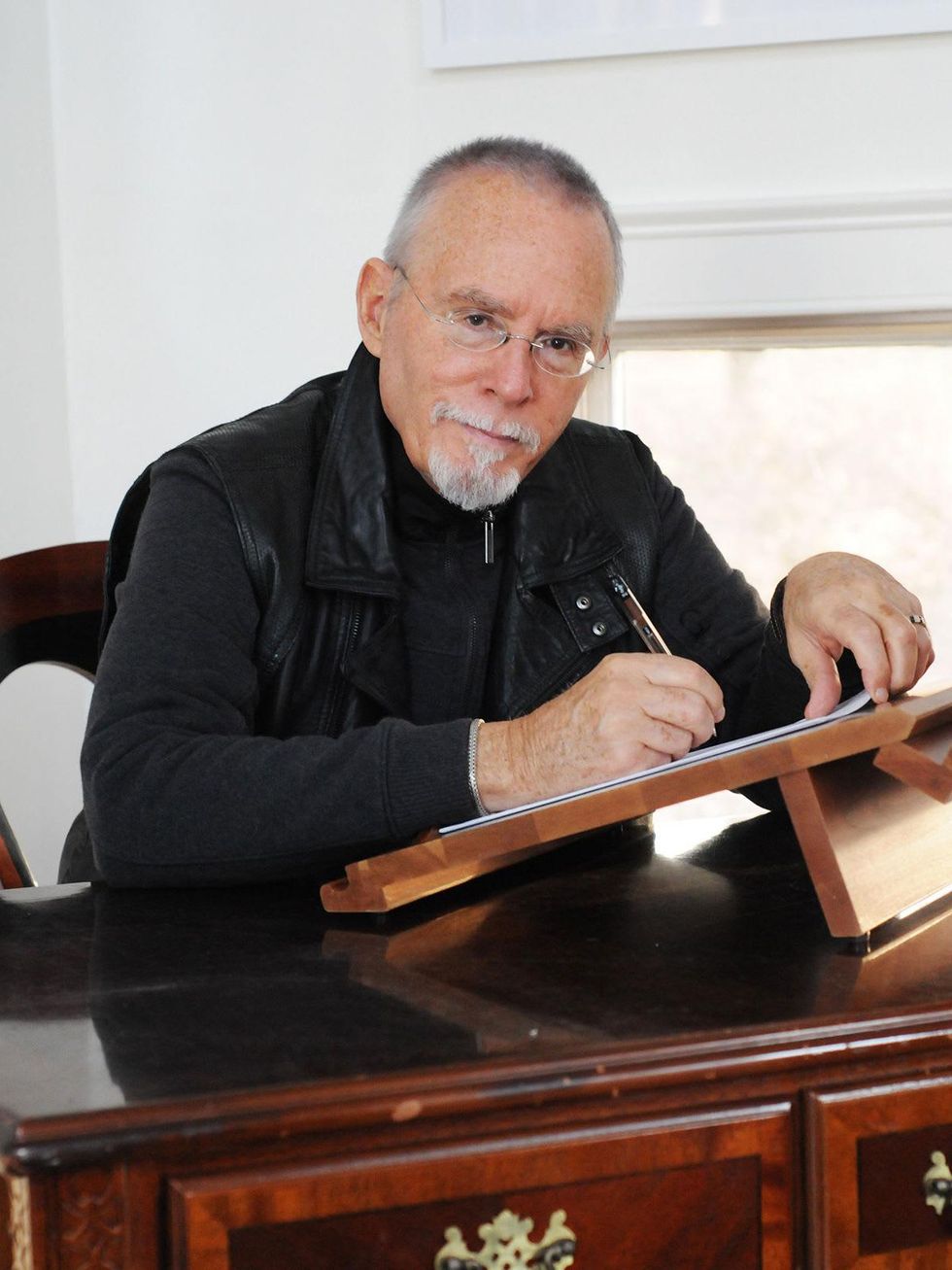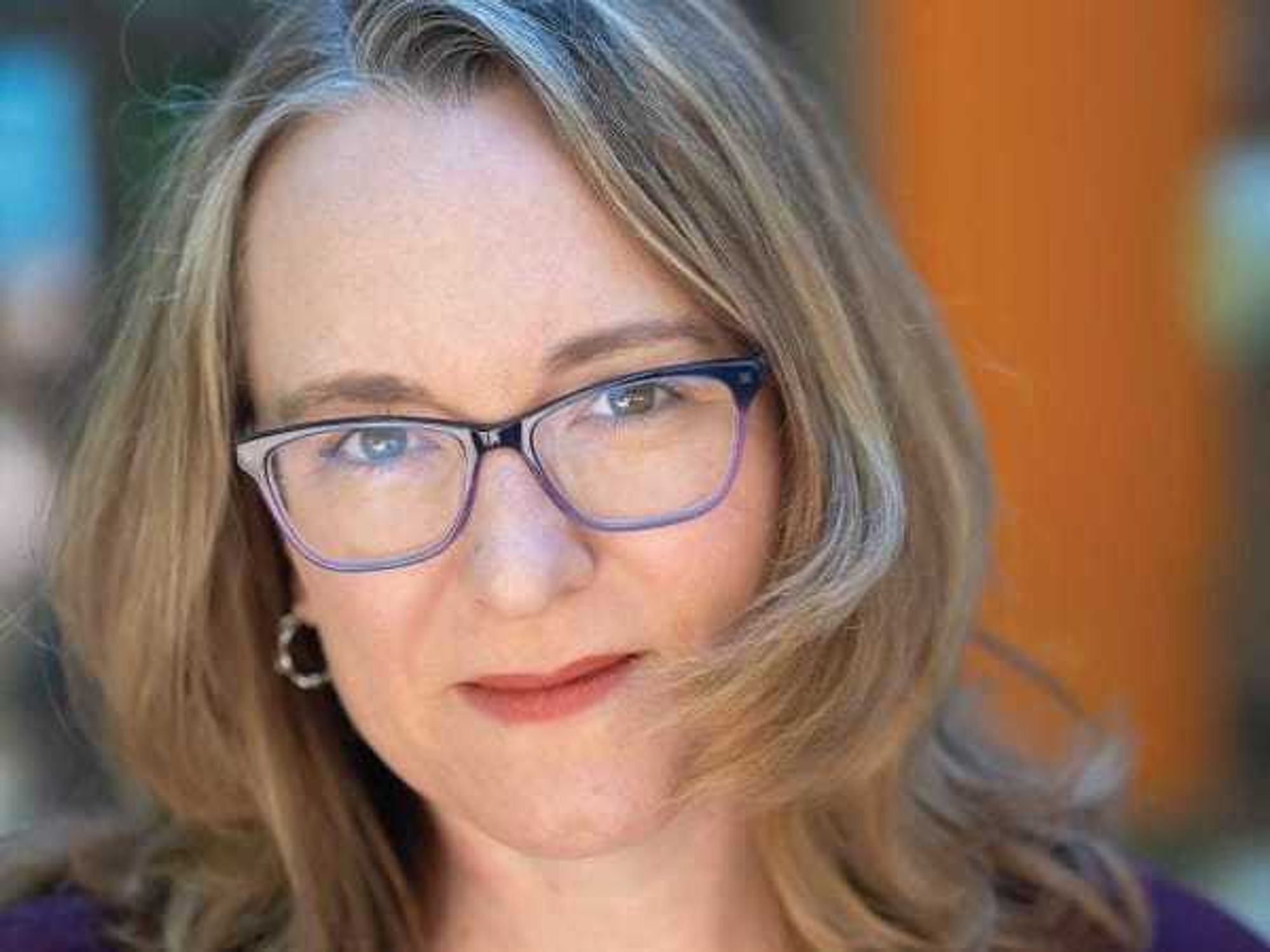Novel Thoughts
Set in Houston: From Galveston hurricane to Enron debacle, Gulf Coast history inspires three new novels
This month a Houston institution, Brazos Bookstore, celebrates its 40th anniversary and a big part of that celebration is a week’s worth of events featuring Houston writers and, perhaps a much more rare literary occurrence, locally set novels.
Yes, Houston can be a great city that nurtures writers, but it’s not usually seen as the perfect atmospheric locale, filled with haunting ambiance, to set the great American, or even Texan, novel.
It's our rich history that becomes both a source for story and a way to see deeper into our present and perhaps even our future.
This Brazos anniversary set me to wondering about when Houston does serve as an imagined landscape and what is it about the region that can spark a writer’s imagination. So I decided to survey some experts, three novelists whose books just debuted and who all use either Houston or the Gulf Coast as their setting. The unanimous answer to my question was surprising. It's our rich history that becomes both a source for story and a way to see deeper into our present and perhaps even our future.
We begin with School Board by Mike Freedman, which finds 1999 Houston during the age of Enron as comic fodder for a look at our unique culture of politics and business and the perfect setting to make some keen, wider observations about American at the end of the 20th century.
From there we go back another 80 years to the 1920s and Duncan Alderson’s Houston when it was known as Magnolia City, in another time of great wealth and social change.
Ann Weisgarber's The Promise takes readers to the very beginning of the 20th century and the scene of great Galveston hurricane of 1900, seen from the point of view of those living on the island but who are outsiders of the city.
So how did this region inspire these writers?
Freedman found just growing up here can be the greatest inspiration of all.
“Certainly, having grown up in Houston, one cannot forget the Enron story. I set it [School Board] at the end of the 20th century because it is a comedy and the main character, a sort of a delusional Don Quixote-like character, who believes he is the ‘Last Populist.’ ”
“The book, as a whole, is meant to serve as an allegory for the coming post-9/11 world and generation, and for that I remembered pretty well as I had experienced much of that directly,” explained Freedman, who is a former Special Forces Green Beret and at present a Rice University graduate student.
“It felt like an injustice that these people were overlooked in most accounts of the storm. Their lives mattered."
For Duncan Alderson it was seeing a photo of his mother as a flapper “during a more romantic time in Texas history,” that sent him on a search for the real Houston of the 1920s. What he discovered was a world seldom told in fiction, a southwest where “people were trying to emulate the Great Gatsby lifestyle.”
“I also discovered the little-known history of an elite class who lived behind the gates of Courtlandt Place, cotton and oil barons who aspired to a formal Edwardian lifestyle complete with black-tie dinners,” Alderson described. “These were sophisticated and wealthy Houstonians who summered in Newport and took the grand tour of Europe. Old Houston suddenly looked much more interesting to me.”
Ann Weisgarber, who divides her time between Sugar Land and Galveston, told me that she has wanted to set a novel in Galveston ever since her first novel’s The Personal History of Rachel DuPree debuted, but she didn’t have any specific ideas about the characters or plot. Those characters later came to her while she was researching a column for the Galveston monthly magazine The Islander about small business owners on the west end of the island.
Hearing stories of how isolated life was even back in the 1960s, she began to wonder about all the untold stories that must be out there about those who set about creating a life there in 1900 never knowing the storm that was coming.
“When I began my research, I found only the barest details about the families who lived outside of the city limits.” Weisgarber says, but with help from the archivists at Galveston’s Rosenberg Library, she began to learn a bit about the dairy farmers, ranchers, and fishermen who lived in the area, and everything she learned made her want to tell their stories.
“It felt like an injustice that these people were overlooked in most accounts of the storm. Their lives mattered. They had hopes and plans for the future, they knew joy and heartbreak, they had loved and cried, and on September 8, 1900, the day of the hurricane, they fought to save their lives and the lives of those they loved.”
Fact & Fiction
All three novels weave history and fiction together to one degree or another. Weisgarber tried to ground the descriptions of the island and storm in fact with the belief that “historical facts should not be altered for the sake of the story. It’s the author’s duty to make the characters fit the times and events.”
“I mean, how could you make up a name like Ima Hogg? I had to set a gala party at her pink mansion in River Oaks, Bayou Bend. And she, of course, appears as the hostess."
Meanwhile, Alderson took advantage of Houston’s truly unique cast of true characters to depict them meeting his imagined characters, adding “authenticity” to his narrative. “I mean, how could you make up a name like Ima Hogg? I had to set a gala party at her pink mansion in River Oaks, Bayou Bend. And she, of course, appears as the hostess," he confessed.
All three novelist also found that some of the issues of the past are still ones we struggle with today, whether that be the threat of hurricanes, human-made environmental disasters, or rapid growth in a city with no zoning laws. Yet there is hope, as there is hope for a continuing wave of great novels not set on the shores of the Hudson River or the Pacific Coast but on our Gulf Coast.
Freedman, at least, is looking towards the future. “This place has so much energy, culture, and unique people that it is just a matter of time before someone writes “The Great Houston Novel.” I’m sort of tired of reading about NYC novels anyway, so I’m hoping it happens soon."
------
School Board author Michael Freedman will be at Brazos Bookstore Tuesday night (April 8); The Promise author Anne Weisgarber Wednesday night (April 9) and Magnolia City author Duncan Alderson Thursday night (April 10). All appearances are at 7 p.m.
A woman walks through a cleared passageway among the debris left by the Galveston hurricane of 1900. It is the basis for the novel The Promise.
